The Politburo has just issued Resolution 68-NQ/TW on private economic development.
Accordingly, the resolution assessed that after nearly 40 years of renovation, our country's private economy has gradually developed in both quantity and quality, becoming one of the important driving forces of the socialist-oriented market economy.
The private economic sector currently has more than 940 thousand enterprises and more than 5 million business households in operation, contributing about 50% of GDP, more than 30% of total state budget revenue and employing about 82% of the total workforce in economic growth, job creation, and is an important force promoting innovation, improving labor productivity, and increasing national competitiveness...
"Many private enterprises have grown strongly, affirmed their brands and reached out to regional and world markets," the Politburo commented.
However, according to the Politburo, the private economy is still facing many barriers that hinder its development, has not yet made a breakthrough in scale and competitiveness, and has not met the requirements and expectations of being the core force of the country's economy.
Most enterprises are micro, small and medium-sized; their financial potential and management skills are limited; most have low technological and innovation capacity; labor productivity, operational efficiency and competitiveness are not high; business thinking lacks strategic vision, and lacks connection with state-owned enterprises and foreign direct investment enterprises.
The Politburo assessed that there are many reasons leading to the above situation, but mainly due to the inadequate thinking and awareness of the position and role of the private economy in the economy, which has not kept up with development requirements.
In addition, institutions and laws are still entangled and inadequate; leadership and direction have not received due attention. The private economy still faces many difficulties and obstacles in accessing resources, especially capital, technology, land, resources and high-quality human resources, etc.
In order to realize the national development goals as set out in the Resolution of the 13th National Party Congress and meet the development requirements in the new era, it is necessary and urgent to innovate thinking, unify awareness and action, have comprehensive, comprehensive and breakthrough solutions to further promote the role of the private economy, strengthen confidence, create new momentum and impetus for economic development, promote growth and enhance national competitiveness.
From the above situation, the Politburo requires to thoroughly grasp that in the socialist-oriented market economy, the private economy is the most important driving force of the national economy, the pioneering force to promote growth, create jobs, improve labor productivity, national competitiveness, industrialization, modernization, and economic restructuring towards green, circular, and sustainable direction.
Along with the state economy and collective economy, the private economy plays a pivotal role in building an independent, autonomous, self-reliant, and self-reliant economy associated with deep, substantive, and effective international integration, helping the country escape the risk of falling behind and rise up to prosperous development.
"Completely eliminate perceptions, thoughts, concepts, and prejudices about Vietnam's private economy" - The Politburo requires a correct assessment of the important role of the private economy in national development; foster and encourage the entrepreneurial spirit and innovation of people and businesses, respect businesses and entrepreneurs, and identify entrepreneurs as soldiers on the economic front.
In particular, ensuring that the private economy competes equally with other economic sectors in accessing business opportunities and economic resources, especially capital, land, technology, human resources, data and other legitimate resources of the country in accordance with the law...
The Politburo set a target of 2 million businesses operating in the economy by 2030, with 20 businesses operating per thousand people. There will be at least 20 large businesses participating in the global value chain.
The average growth rate of the private economy is about 10-12%/year, higher than the growth rate of the economy; contributing about 55-58% of GDP, about 35-40% of total state budget revenue, creating jobs for about 84-85% of the total workforce; labor productivity increases on average about 8.5-9.5%/year.
Level, technological capacity, innovation, and digital transformation are among the top 3 countries in ASEAN and the top 5 countries in Asia.
By 2045, Vietnam's private economy will develop rapidly, strongly, sustainably, proactively participate in the global production and supply chain; and have high competitiveness in the region and internationally.
"By 2045, strive to have at least 3 million businesses operating in the economy; contributing over 60% of GDP" - the Politburo Resolution clearly stated.
...................
Action program to implement the Resolution
+ Coordinate with the National Assembly Party Committee to promptly and fully institutionalize the policies and guidelines stated in this Resolution and allocate sufficient resources to implement and promulgate the National Assembly Resolution on private economic development right in the 9th Session of the 15th National Assembly with specific, feasible and effective incentive mechanisms and policies.
+ Take the lead in preparing dissemination documents together with the Central Propaganda and Mass Mobilization Committee to disseminate immediately after the National Assembly's Resolution on specific mechanisms and policies is issued.
+ Party committees of ministries, ministerial-level agencies, agencies directly under the Government, the Supreme People's Court, the Supreme People's Procuracy, provincial and municipal Party committees, and Party committees directly under the Central Committee develop action plans with appropriate tasks, solutions, and roadmaps, and assign specific responsibilities to agencies and units for implementation.
+ The Party Committee of the Fatherland Front and central mass organizations lead and direct the development of programs and plans to guide and mobilize people to implement the Resolution, promote the role of supervision, social criticism, and participate in the development of laws, mechanisms, and policies on private economic development.
+ The Central Propaganda and Mass Mobilization Commission shall preside over and coordinate with the Government Party Committee and relevant agencies to advise the Politburo and the Secretariat to thoroughly grasp and strengthen the dissemination and popularization of the Resolution's contents.
+ The Government Party Committee presides over and coordinates with the Central Policy and Strategy Committee, the Central Party Office, and Party Committees directly under the Central and local levels to monitor and evaluate the implementation results of the Resolution; report to the Politburo to direct arising issues and practical requirements.
This resolution is disseminated to the Party cell.
(According to PLO)
Source: https://baoyenbai.com.vn/12/349762/Nghi-quyet-68-cua-Bo-Chinh-tri-Phai-xoa-bo-triet-de-dinh-kien-ve-kinh-te-tu-nhan-Viet-Nam.aspx







![[Photo] T&T 1 and Ho Chi Minh City 1 People's Police Teams won the men's and women's team championships](https://vphoto.vietnam.vn/thumb/1200x675/vietnam/resource/IMAGE/2025/5/22/39db06ae67cb4001b7a556e8d9a56d07)


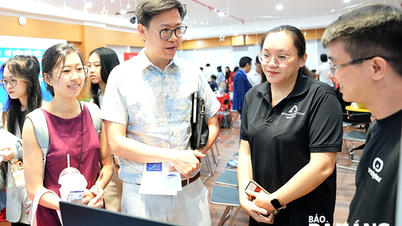















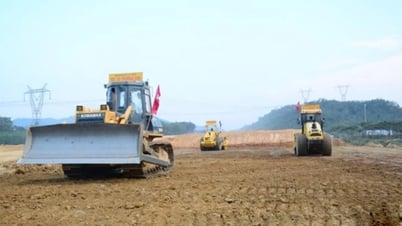
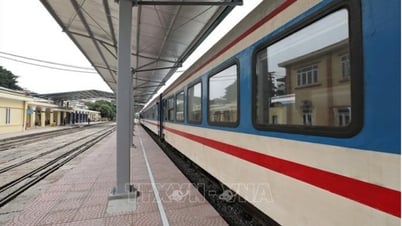






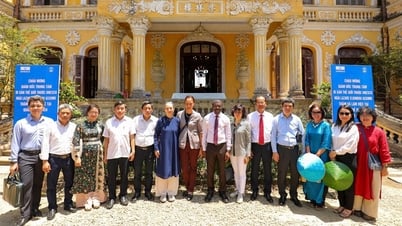









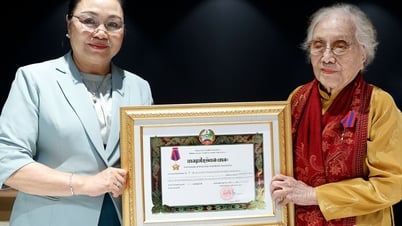













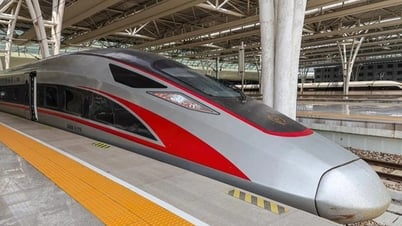






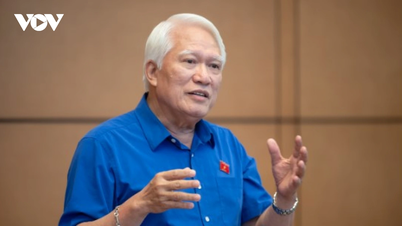


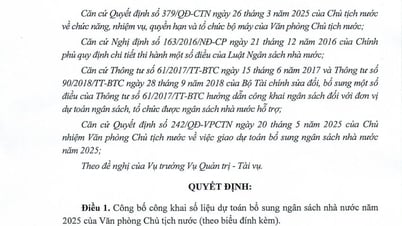

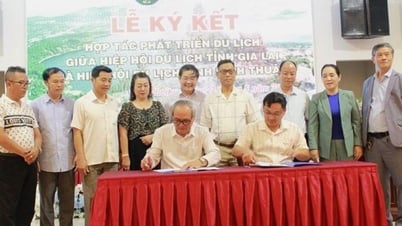












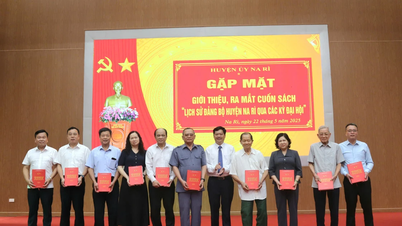







![[Podcast] Week introducing more than 500 OCOP products in Hanoi](https://vphoto.vietnam.vn/thumb/402x226/vietnam/resource/IMAGE/2025/5/22/d144aac2416744718388dbae3260e7fd)


Comment (0)